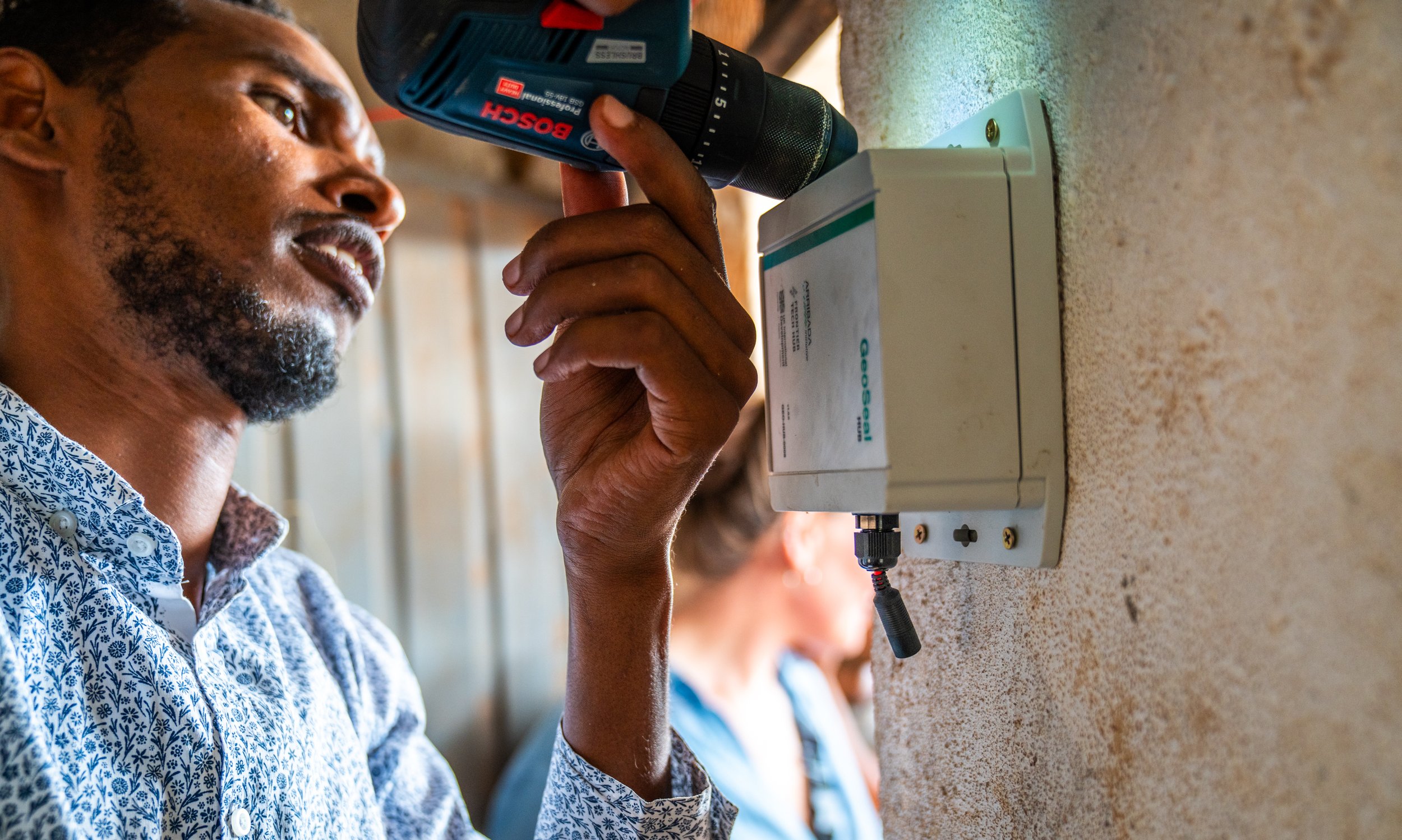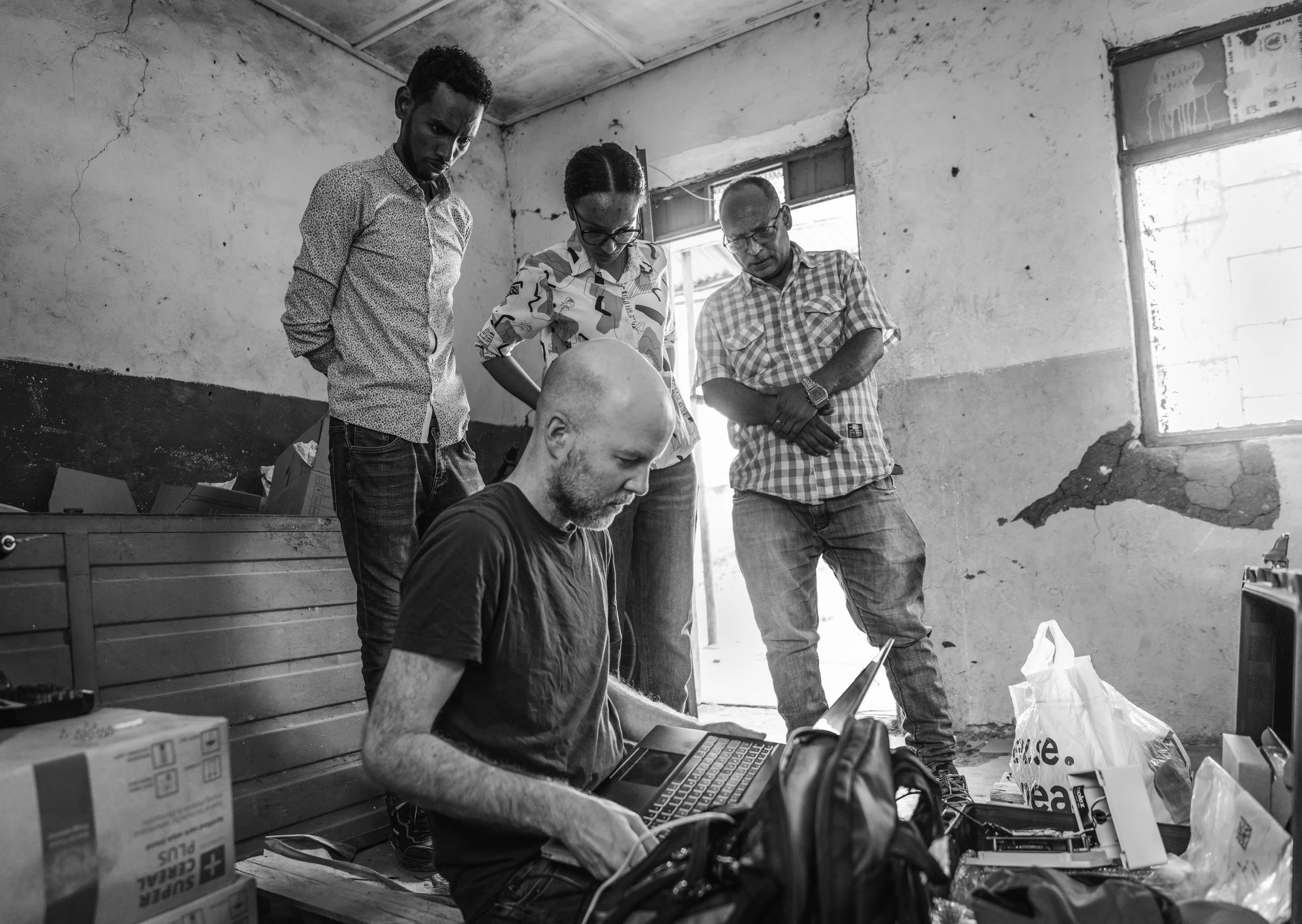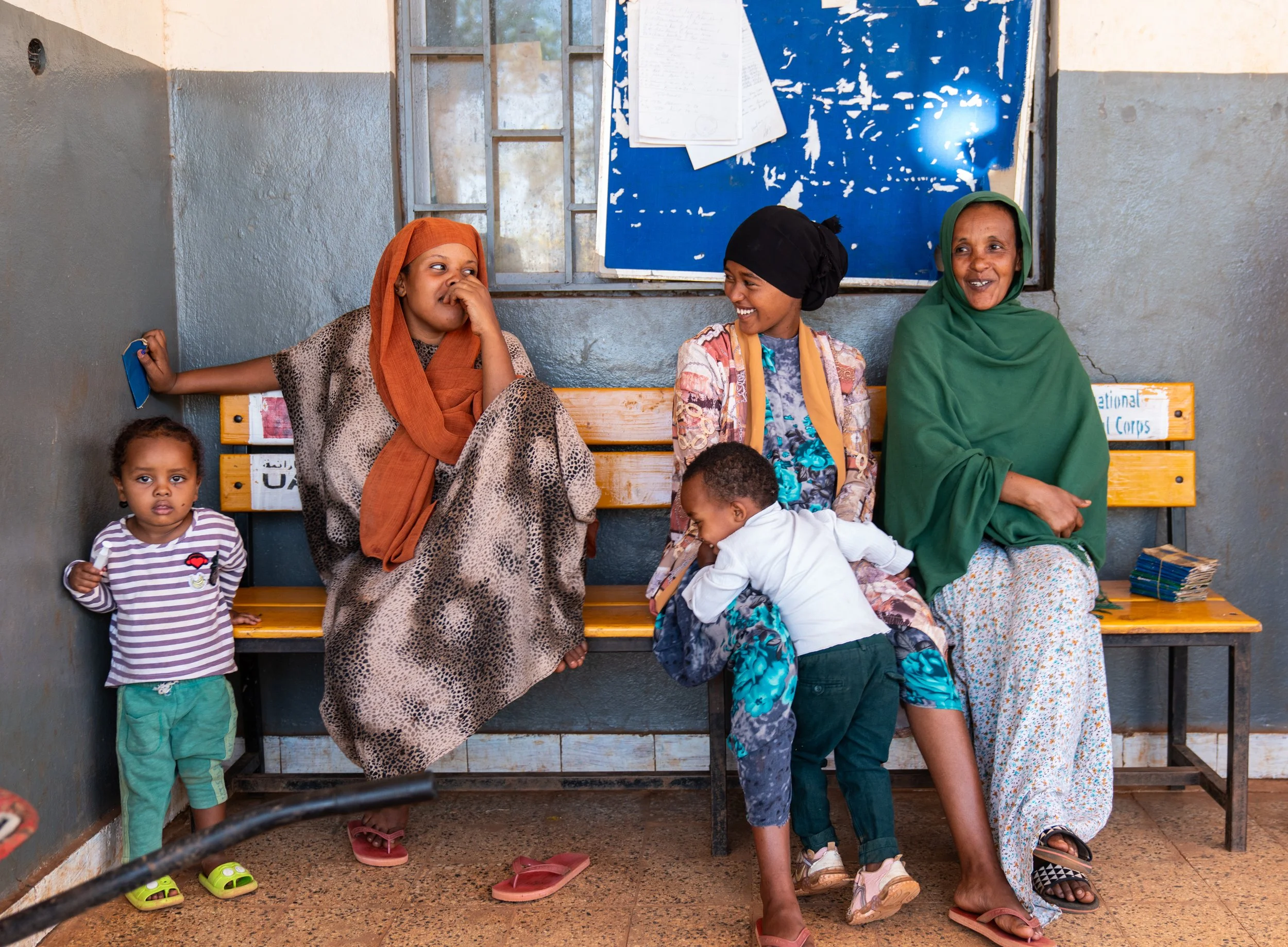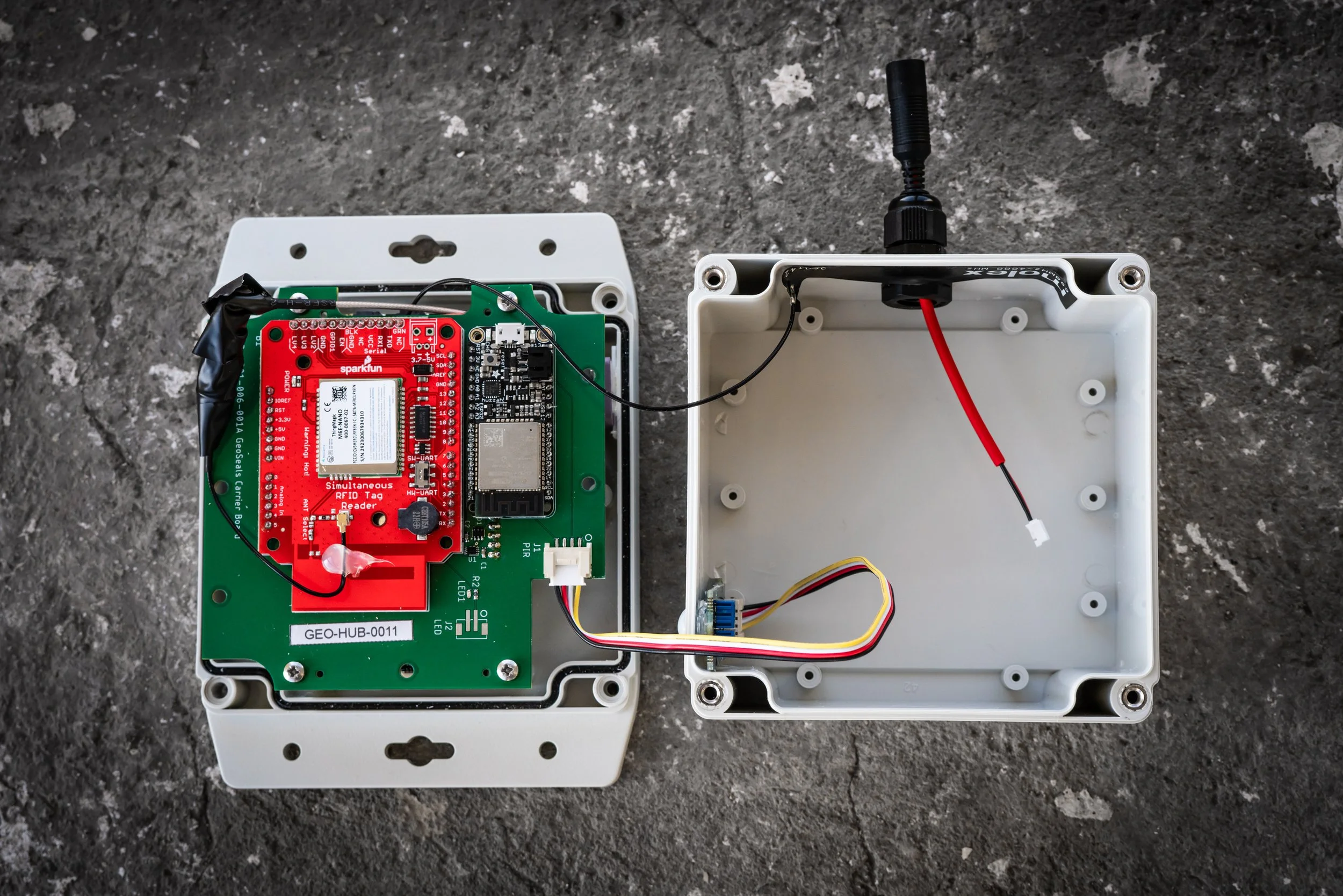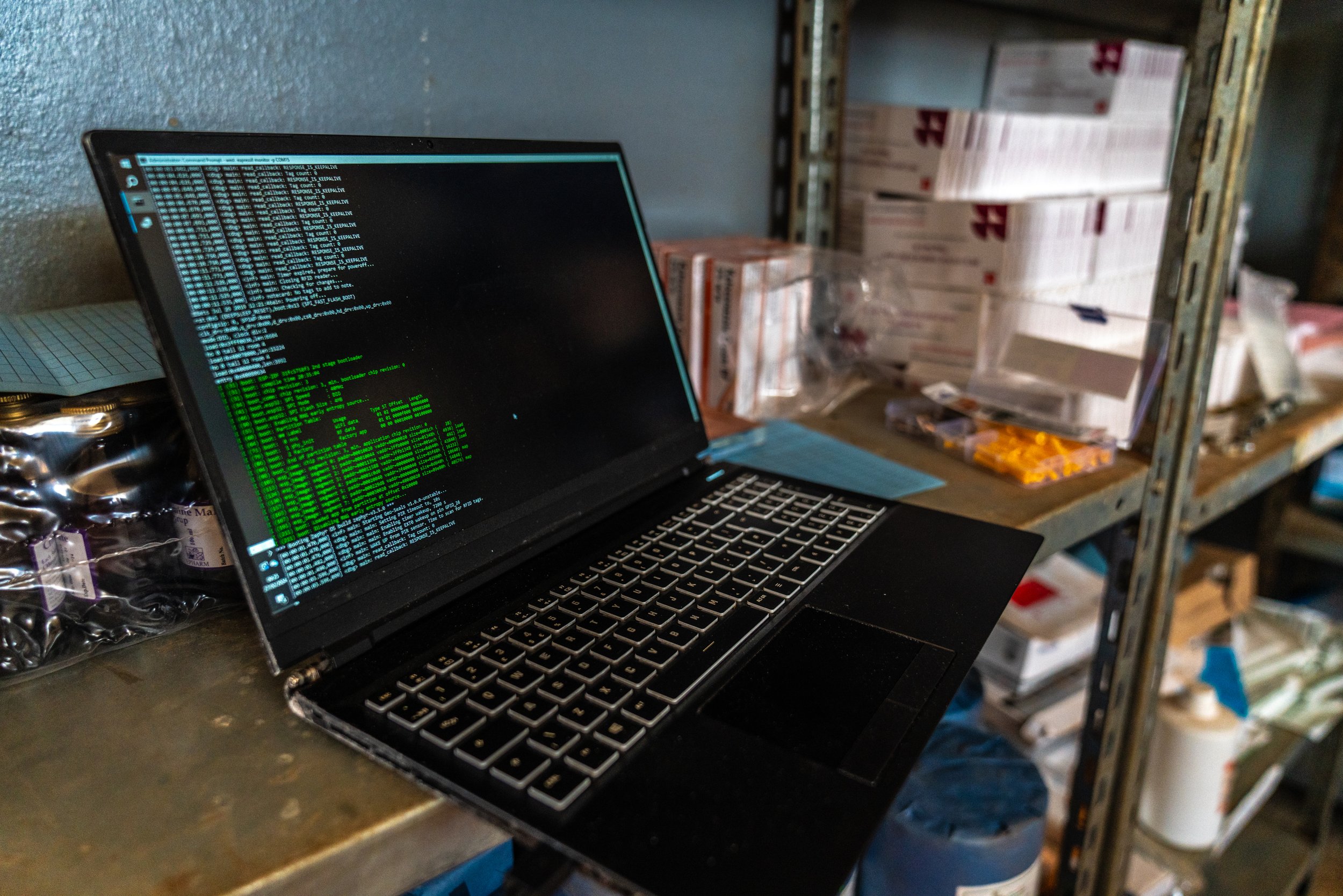Introducing GeoSeals:
The trial to eliminate supply chain stockouts in rural Ethiopia
🗓️ Wednesday 2nd October, 2pm UK time
📍 Online: a Teams link will be provided
🎬 Film screening, presentation and discussion
🎟 Free to attend. Reserve your ticket here.
Join us for a 60 minute online exploration of the inner workings of humanitarian supply chains and the transformative role technology can play in ensuring health points are not running out of critical stock, like life-saving nutritional supplements for malnourished children.
The session will introduce a vital, tech-enabled solution which is being tested in Ethiopia: GeoSeals. Supported by FT, GeoSeals is aiming to prevent critical supply chain stockouts in vulnerable regions, in collaboration with the Ethiopian Ministry of Health, WFP and Unicef.
During this session, you’ll see the solution in action through a short film, and hear answers to questions such as:
Does this solution work?
How does it work?
What have we learned through the experimentation process?
Introducing GeoSeals
In March 2024 we followed the team to Ethiopia to capture their live reflections as they installed 6 GeoHubs on the road between Addis Ababa to Fedis: a 600km delivery route.
If the trial is successful the data collected by each GeoHub will present a clear picture of supply journeys, and the stock at each remote health point of life-saving malnutrition aid.
Watch the two minute trailer ➡️
To save lives, humanitarian aid needs to be in the right place at the right time.
The Frontier Tech Hub has tested 13 unique ideas in the humanitarian sector so far, harnessing technologies such as blockchain, distributed manufacturing, digital remittances and drones.
Through these experiments we’ve gathered and published the opportunities and challenges in the sector: in particular for improving transparency in aid.
In hard to reach conflict zones, areas without electric and internet connectivity and where staff are overstretched, reliable real time data does not exist. This results in stock running out, medicines expiring and inefficiencies in delivery. Ultimately this puts the lives of the most vulnerable on the line.
During this event we’ll meet the team behind GeoSeals: a tech-driven solution which could gather the data needed to ensure stock is available for those who need it most, by sticking RFID labels on boxes of aid, and tracking their arrival at rural health points using IoT-enabled sensors.
The anticipated outcome is data: reliable, automated monitoring of stock levels at clinics and a clear understanding of where and when supplies are being used. This data could be used by aid agencies and governments to ensure that clinics are stocked and better understand the needs in different locations.
The initial trial took place in March this year, with an attempt to track RUTF (ready to use therapeutic food) to rural health points in Harar, Ethiopia.
During the trial they installed GeoHubs at 6 distribution points, enabling them to track 200 boxes of RUTF supplies. If the trial works, there are 24,000 distribution points in the Ethiopian RUTF supply chain that GeoSeals could potentially help.
Further more, RUTF is one of the hardest aid commodities to track because of its high water content. So if this trial works, the possibilities for impact across the sector seem endless.
We’re looking forward to diving into the subject with you on October 2nd.
Until then, you can learn more about GeoSeals by visiting their pilot profile page, and reading this story about the hardware created by the team’s engineer Ruby.
You can also explore our evidence on the opportunities and challenges for improving transparency in aid.
Ps. This is an event from our On the Frontier series, where we take one global critical challenge and explore what’s at the cutting edge of each, together.
